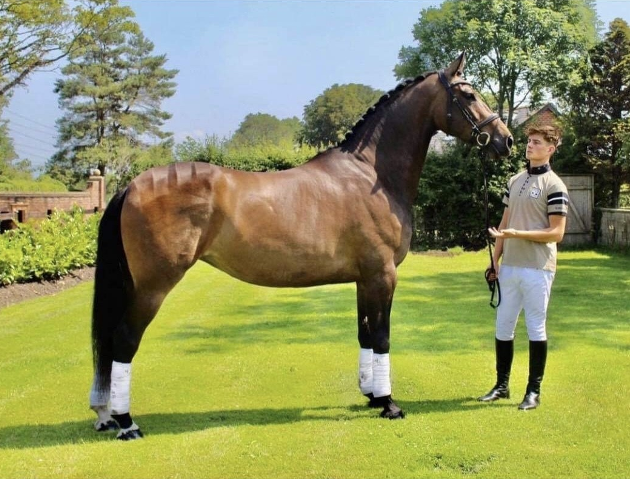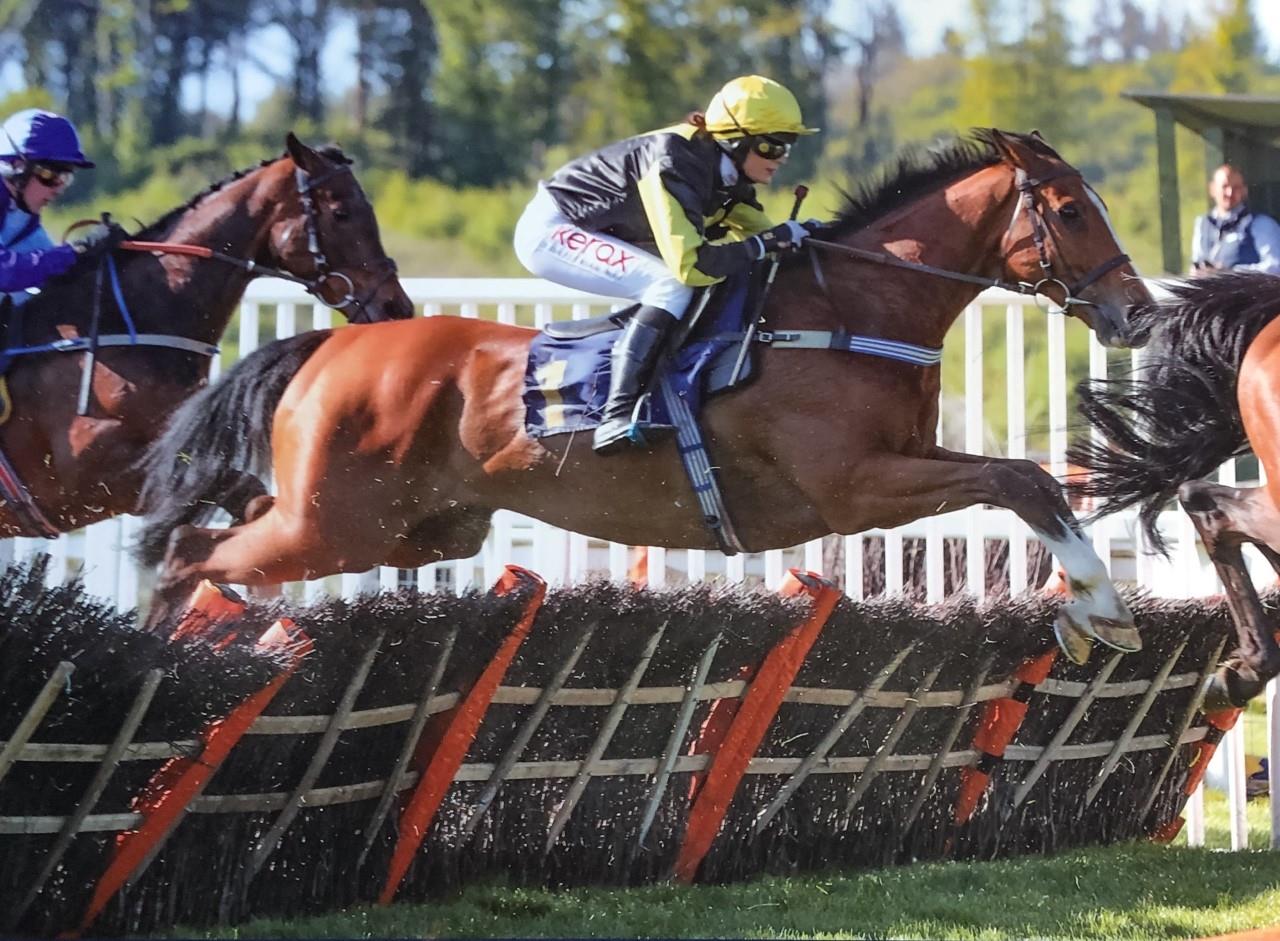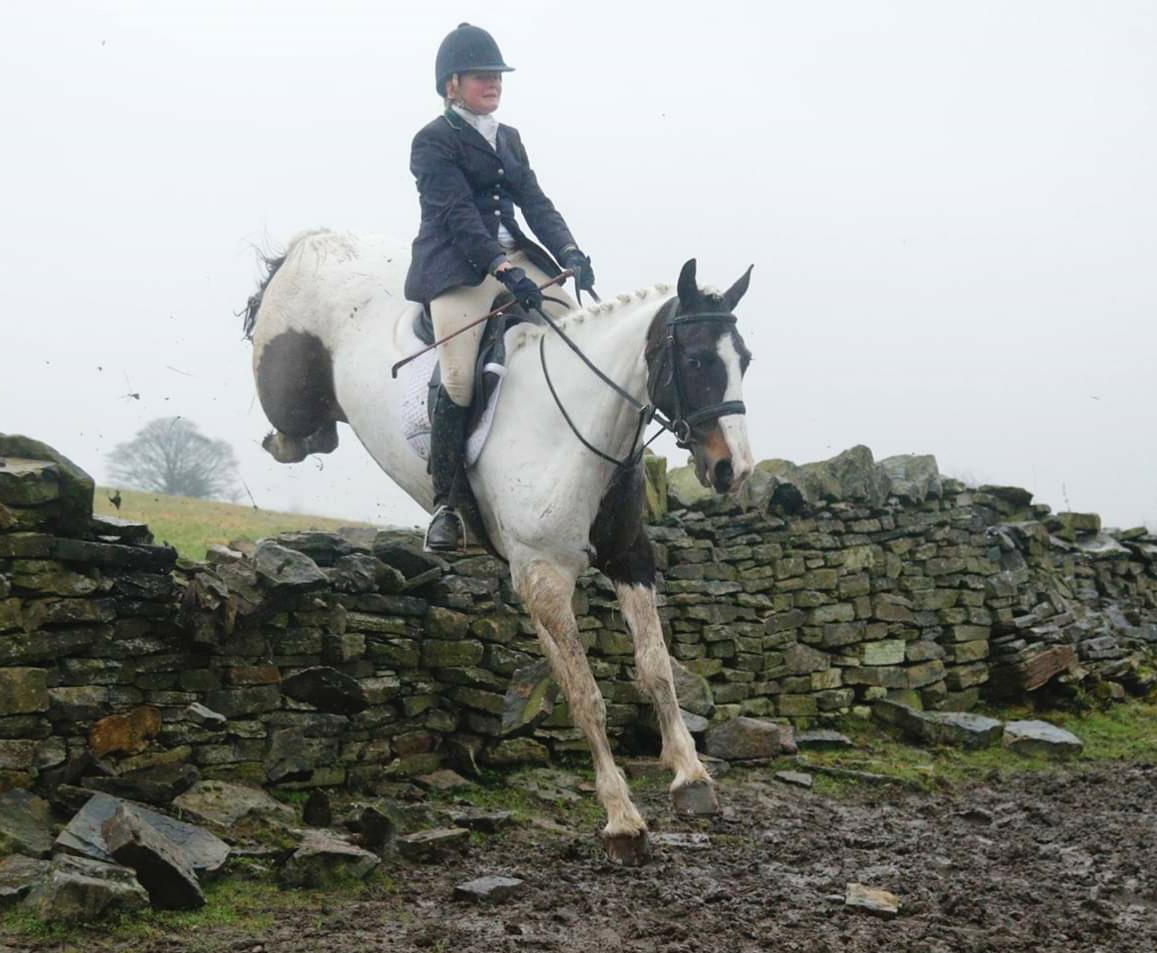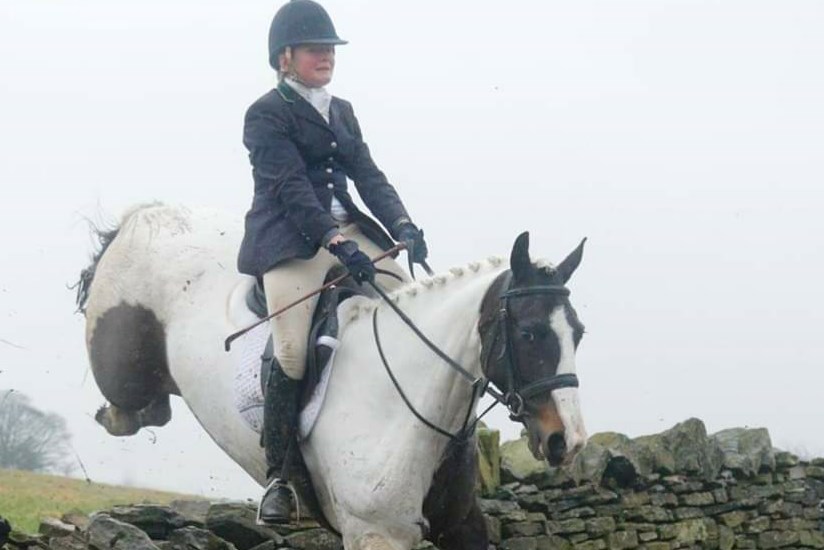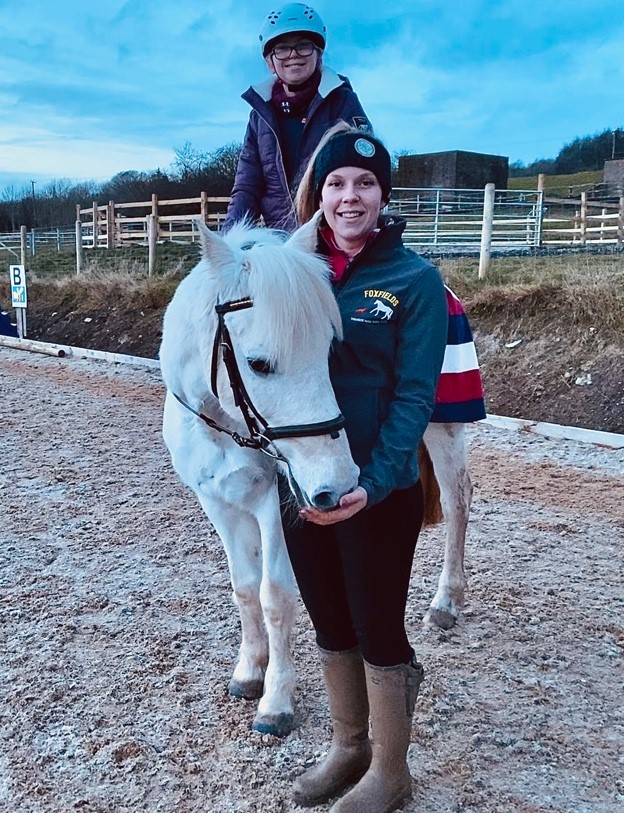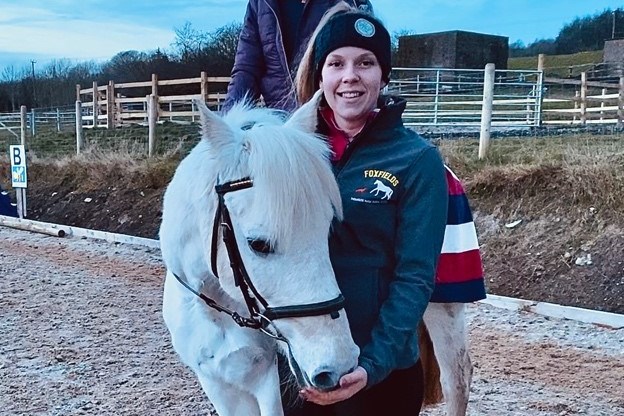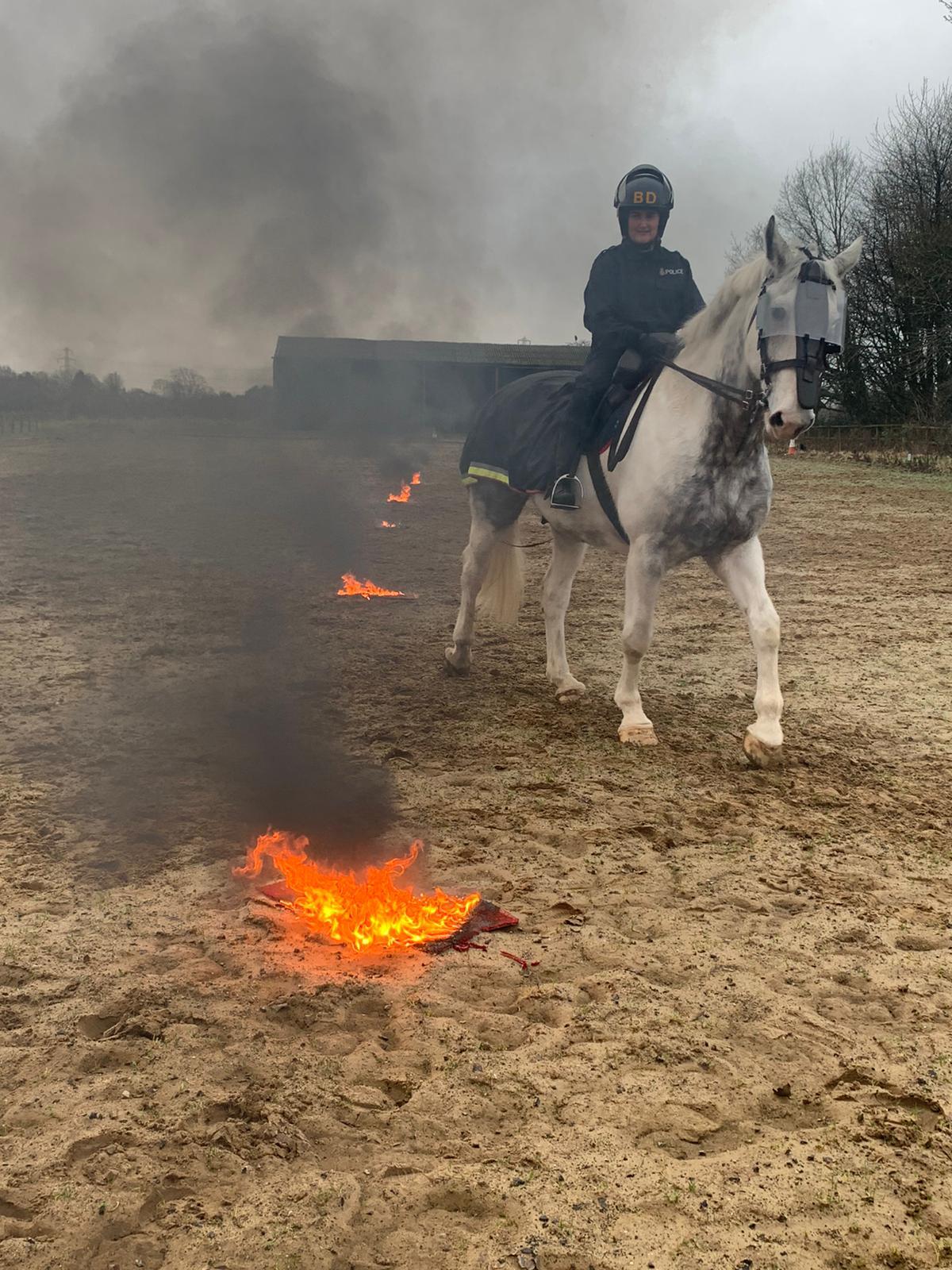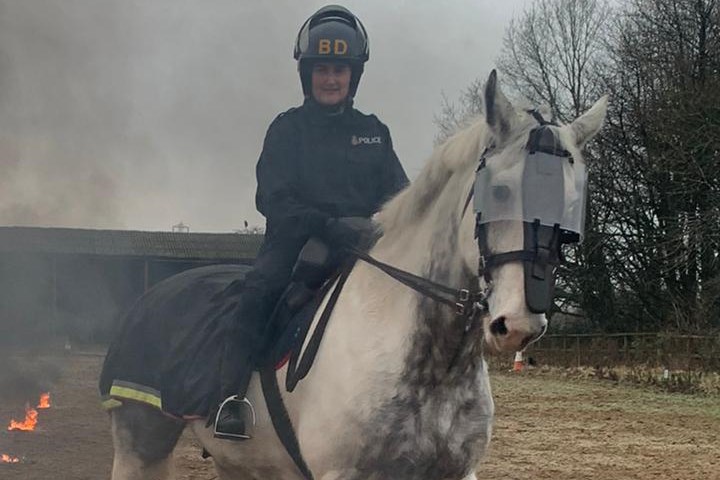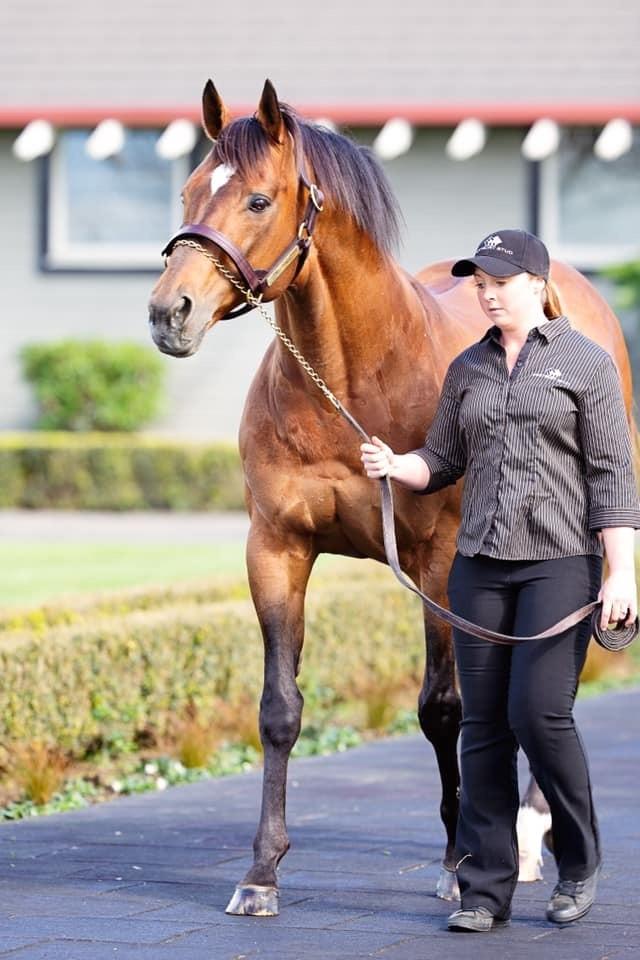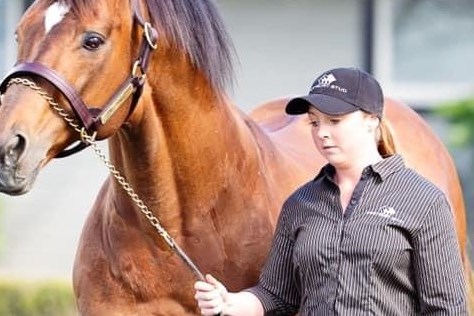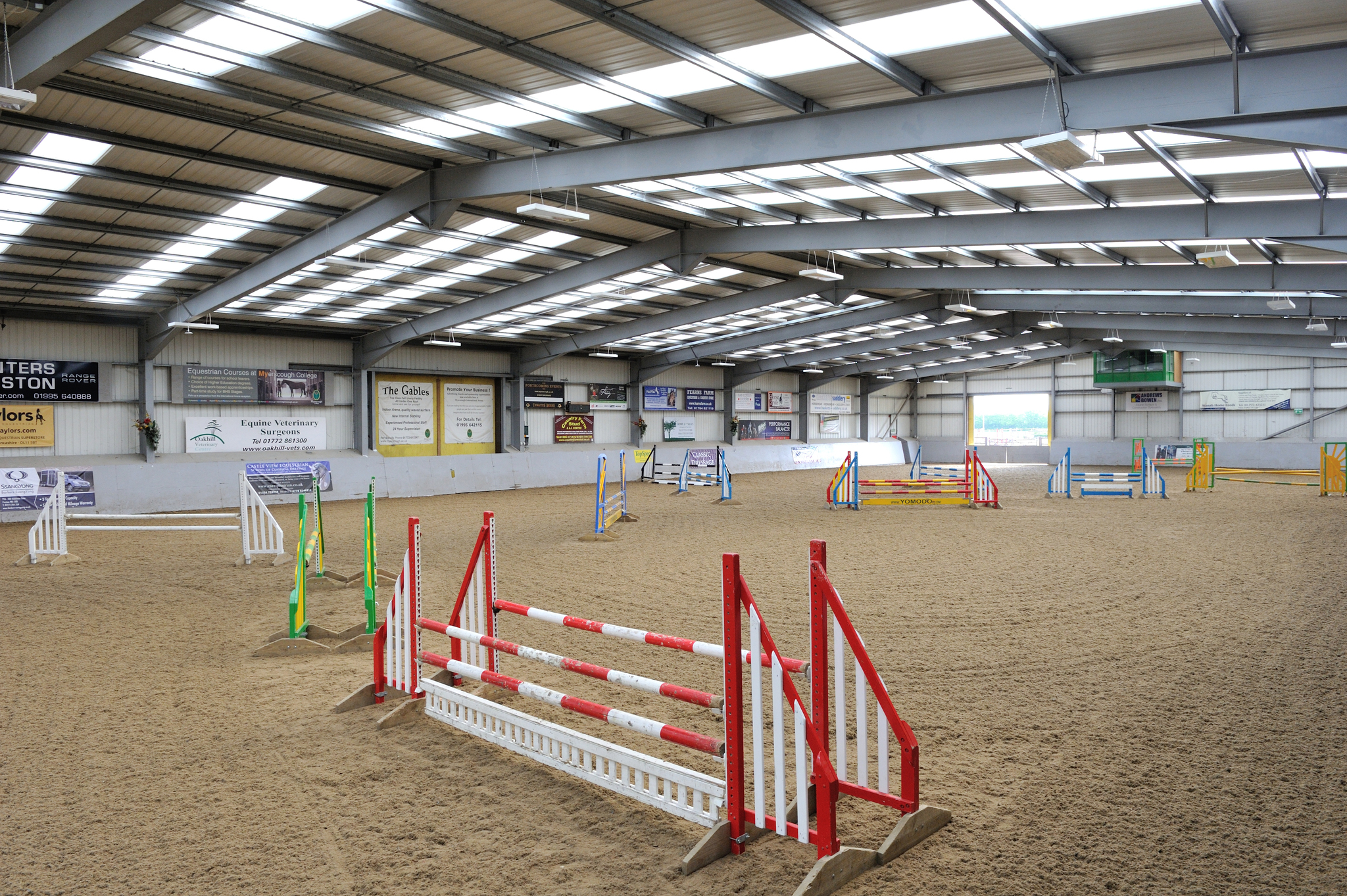Course modules
Year 1
Catch and Lead a Horse
Students will cover the main equipment and techniques for catching and leading horses in a range of situations.
Recognise Signs of Health in a Horse
Students will learn about the signs of health in a range of different breeds and types and be able to complete detailed health checks on the college horses.
Saddle and Bridle a Horse
Students will be able to select and apply saddles and bridles safely and correctly and have some understanding of correct fit.
Work Safely in the Equine Industry
For this unit, learners will need to recognise personal protective clothing and equipment as appropriate for working in the Equine Industry.
Lift and Handle Equine Equipment Safely
Students will learn how to manage a variety of equipment common to a range of equine industries and settings.
Effective Communication
When working in the equine industry it is essential to be able to communicate with colleagues and staff in a clear and appropriate manner. This unit covers the skills necessary to communicate well and evaluate their own performance.
Interview Skills for the Equine Industry
The aim of this unit is to help the learner equip with the ability to plan and prepare for an interview, and evaluate the interview identifying further training or learning they may need in future.
Clean Horse Tack
Students will cover taking tack apart, cleaning it and correctly putting it back together. The unit also covers correct storage of tack and equipment.
Recognise Types and Parts of the Body of Horses
Students will be able to identify and correctly indicate common points of the horse. They will also cover a identifying common breeds, colours and markings.
Entry requirements & additional information
Entry requirements
This course gives a practical introduction to the equine industry. Students need to be over 14, demonstrating confidence and competence in basic horse care skills. Academic qualifications are not essential, just a willingness to learn.
Learning and assessment
Stable management will be developed within the College yard and students will gain a comprehensive knowledge of horse care. It is extremely popular with students who wish to combine a practical based training programme with sound theoretical knowledge. This course is ideally suited to students who wish to spend a year developing their knowledge and experience working with horses. The course contains plenty of practical work and so students applying for this course will be expected to be hardworking, keen to learn about horse care and willing to be hands on when working on the stable yard.
Students will complete enrichment riding as part of their programme subject to a successful ride assessment.
Progression
Year 10 students may wish to continue into year 11 to complete additional units. Year 11 students may progress onto a full time Further Education or Apprenticeship Programme.
Special requirements
Costs that are mandatory for the course:
Course fees apply for school educated students (see 14-16 prospectus)
Equipment and/or Clothing:
Plain navy or black jodhpurs, College sweatshirt/polo shirt in navy/black, or similar plain sweatshirt/polo shirt. Navy or black jacket (warm and waterproof advised). Boots for yard work – wellingtons or strong boots, riding hat to current standard PAS015 or BSEN1384 plus gloves and hairnet. Riding boots or leather gaiters (suede chaps are not allowed as they rub the horses’ sides). Jumping whip and schooling whip, plus back protector for jumping lessons. (Hooded jumpers, bright or garish clothing are not acceptable on the yards)
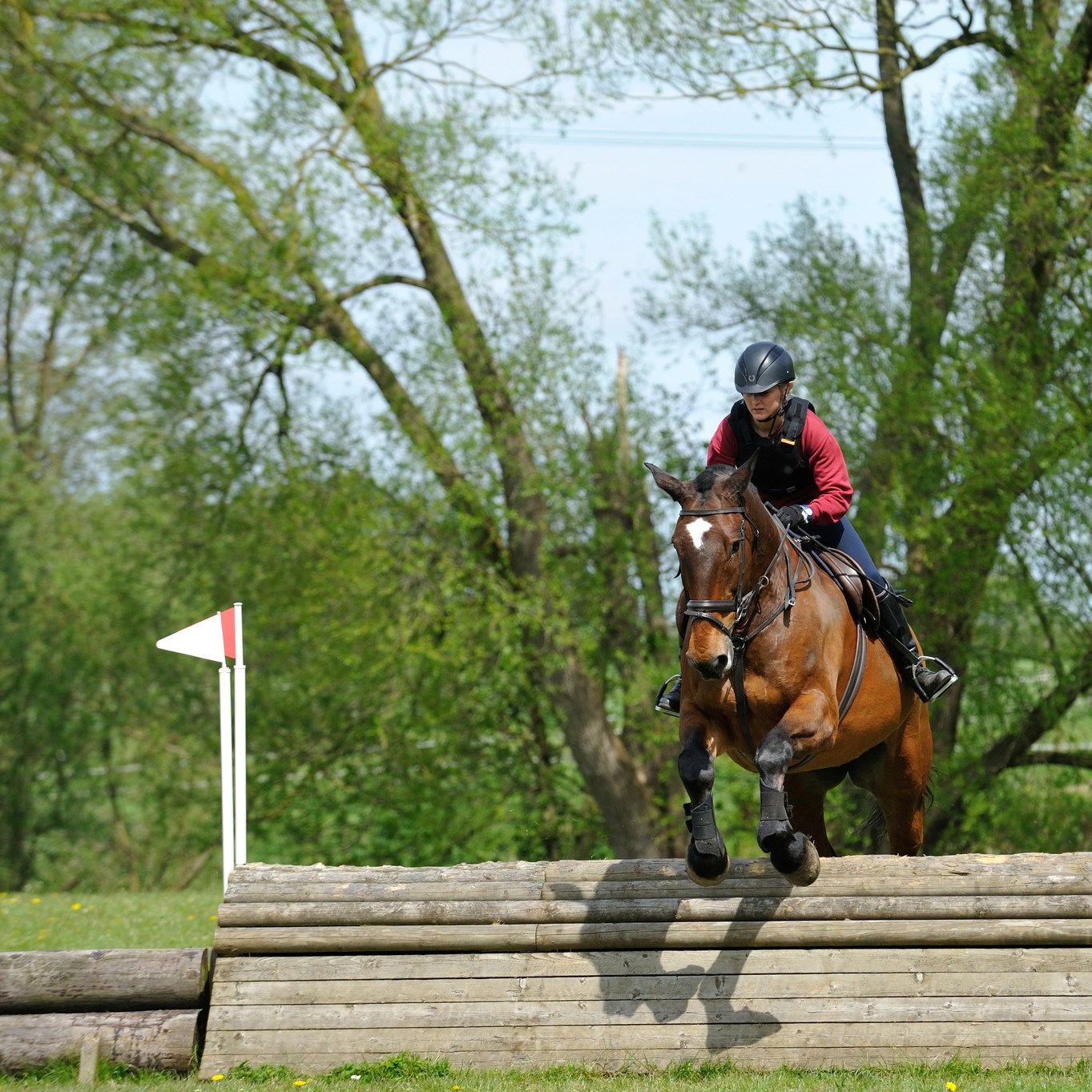
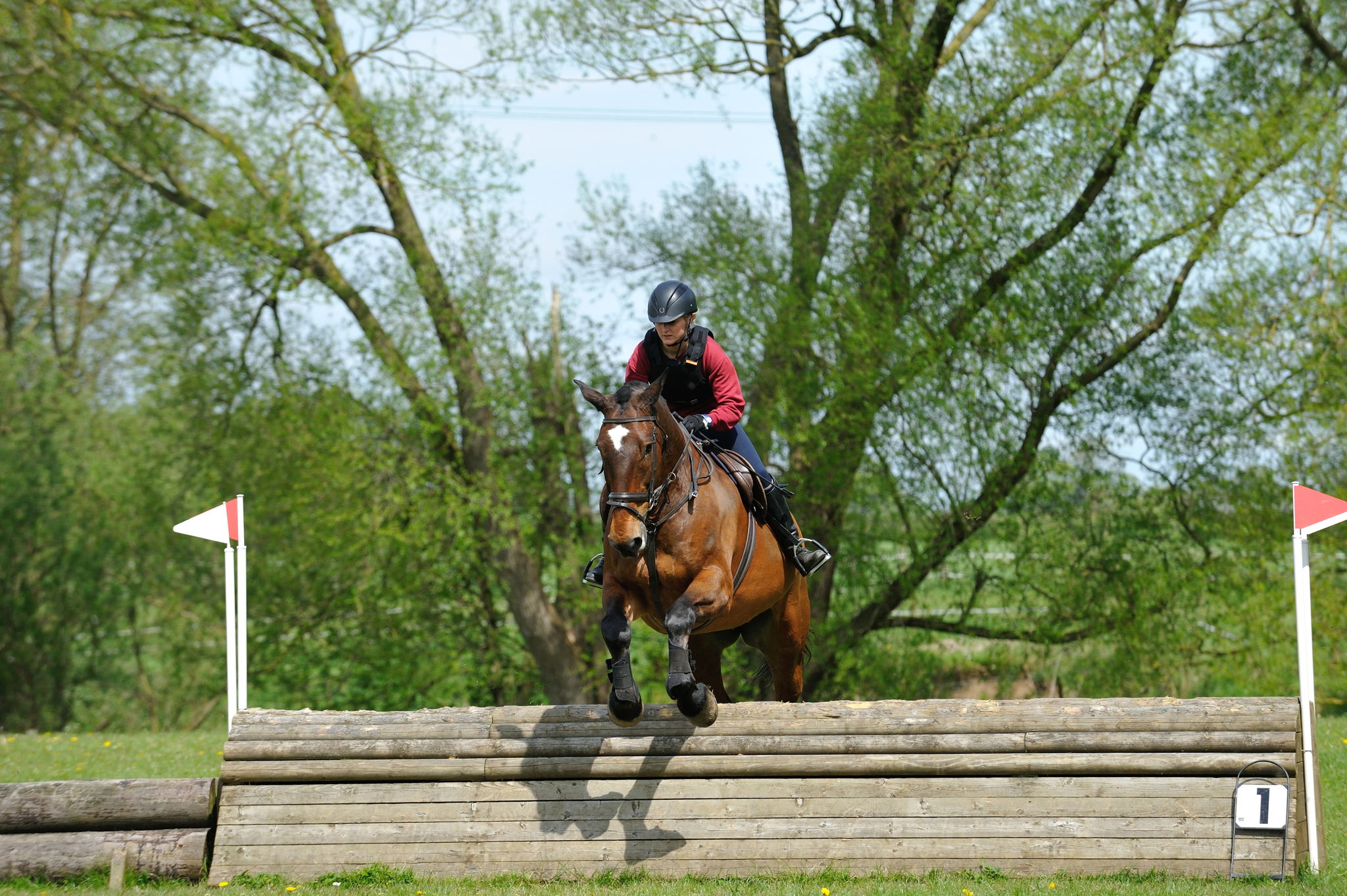
Latest news, Equine studies
-
Degree students share their research projects at Graduate Showcase
- Published
- Friday 26 April
-
Myerscough College to welcome European Champion Dressage star for masterclass event
- Published
- Thursday 22 February
-
Higher education Research Expo a success
- Published
- Friday 17 Nov 2023
-
Equine degree students present research at national conference
- Published
- Thursday 11 May 2023
-
Degree students share their research at Graduate Showcase
- Published
- Friday 28 Apr 2023
